Table of contents
Key Takeaways
Have you been trying to conceive for months, even years, without luck? Are you considering an assisted reproductive intervention — like in-vitro fertilization (IVF) — and wish to boost your chance of success? Or maybe you’ve tried IVF in the past and failed and want to enhance your prospects before diving in again?
You’re in the right place.
Research shows the little-known nutrient, inositol, may help. You’ll learn why we’ve dubbed it the “IVF fertility enhancer”. But first…
Many women struggle to become Moms. If you do, too, please know that you are not alone.
Conditions like Polycystic Ovary Syndrome (PCOS), endometriosis, and others, along with the ordinary process of aging, are well-known fertility reduction factors. Yet, IVF offers hope for women for whom the path to motherhood is challenging.
And research has revealed an IVF secret: inositol increases the likelihood of baby-making success through assisted reproductive techniques.
What is inositol?
Inositol is a special type of sugar. One that supports faster bodily processes (in technical terms, it’s an enzymatic co-factor) and enhances cellular signaling…
Including the processes and signaling needed to optimize fertility.
Inositol: the natural compound linked with IVF success
Could this simple, natural compound truly make a significant difference to the success of in vitro fertilization?
The research suggests so. If fact, inositol has proven benefits for women undergoing assisted reproductive techniques, including IVF.
A study published in the journal, Reproductive Biology and Endocrinology, investigated a group of 60 women who were found to be poor ovarian responders. Thirty of the women received a supplement containing myo-inositol and folic acid. Thirty received a supplement containing only folic acid. Then, controlled ovarian stimulation was performed.
The results were impressive! Those who received the supplement containing myo-inositol had a higher ovarian sensitivity index and fertilization rates and needed a lower dose of gonadotropin. That means the eggs were more likely to become embryos, with less pharmaceutical intervention.
Research published in the journal, Archives of Gynecology and Obstetrics, confirmed the effectiveness of inositol to “improve oocyte and embryo quality, as well as pregnancy rates”. The authors found that a combination of two types of inositol — myo-inositol combined with D-chiro-inositol — increased IVF success. As both of these compounds play important roles in the reproductive system, supplementing with both as a combined therapy may represent a better choice.
How can this be?
The evidence points to several reasons, including improved oocyte and embryo quality, and reduced oxidative stress. In short, inositol supports the development of healthier eggs; eggs that have a higher chance of being fertilized and developing into a baby.
But there is more to the story…
Insulin resistance (IR) — a condition where the body’s cells no longer adequately respond to the hormone, insulin — can diminish fertility. As IR takes hold, levels of both insulin and sugar in the blood rise.
A high blood insulin level — called hyperinsulinemia — causes premature changes in the ovary’s cells, leading to anovulation. The cells ripen too earlier, don’t mature fully, and so an egg is not released. In effect, the eggs get “stuck” in the ovaries.
An estimated four in five women with anovulatory infertility have PCOS; that is, infertility that results from the lack of production of an egg. Many of these women have insulin resistance and hyperinsulinemia.
But it’s not only women with PCOS that are affected. IR in women without PCOS is also associated with a “decreased percentage of mature eggs and poor embryo quality.”
So, whether a woman has PCOS or not, insulin resistance negatively effects IVF success. This is where inositol plays another important role in assisted reproductive technique outcomes.
Inositol and IVF: the insulin resistance link
Inositol is involved in insulin’s signaling pathways. This natural compound encourages the cell’s to take up glucose, reducing the levels of sugar and insulin in the blood. This has a wonderful flow on effect for fertility.
This is one reason why inositol appears to increase clinical pregnancy rates in IVF. But this nutrient has broader benefits that insulin resistance alone.
Inositol and IVF: a match made in heaven?
It appears so…
Inositol, in the form of myo-inositol, has been shown to have powerful benefits for assisted reproductive techniques, including IVF. These include:
— increased sensitivity of polycystic ovaries to gonadotropin
— a reduction in the required dose of follicle stimulating hormone (FSH)
— decreased estradiol levels on ovulation trigger day
— reduced number of intermediate-sized follicles
— increased number of large follicles
— reduced risk of ovarian hyper-stimulation
— improved oocyte quality
— enhanced oocyte maturation
— increased cleavage rate
— improved embryo development and quality
— increased pregnancy rates in women with PCOS
Amazing, right!
How can you boost your inositol intake?
This is an important question!
Look to beans, fresh fruits, grains, and nuts. A high-quality supplement is also key. After all, this is what research into inositol and IVF is based on. A supplement ensures a sufficient dose in a way that foods are unable.
Ovofolic combines 2000 mg myo-inositol with 50 mg d-chiro inositol. This product is formulated to reflect the body's naturally occurring 40:1 ratio to enhance bioactivity, making it easier to absorb and benefit from this supplement.
If you want a broader nutritional supplement, MedFertil for Women contains 21 fertility-enhancing ingredients, including 50 mg of inositol.
The inositol and IVF takeaway
Inositol has many important roles within the body, including those crucial for female fertility. From improving insulin sensitivity and enhancing ovarian function, to raising oocyte quality and maturation and lifting pregnancy rates.
If you are considering, or scheduled for, IVF, please speak to your doctor. We believe the science-backed benefits of supplementing with inositol are well worth the small investment.



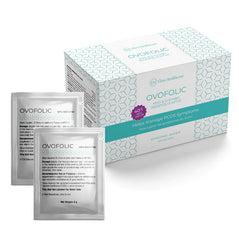
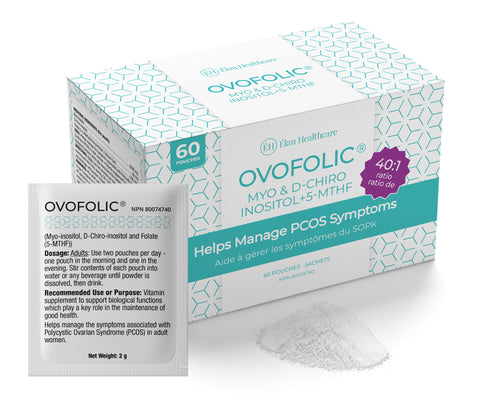
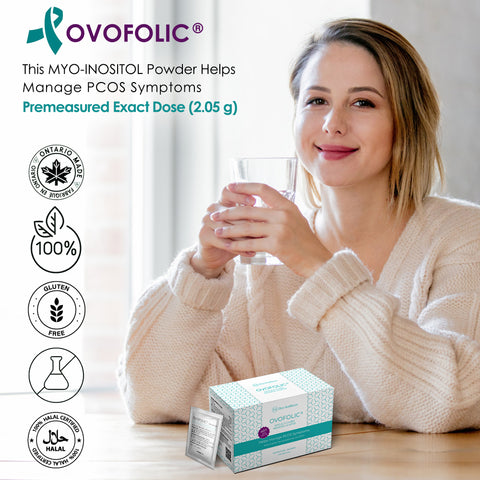
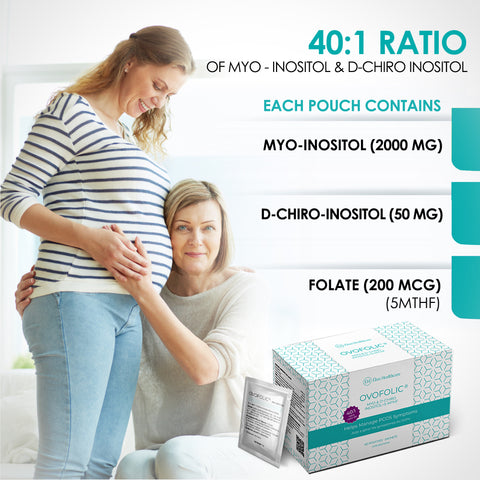
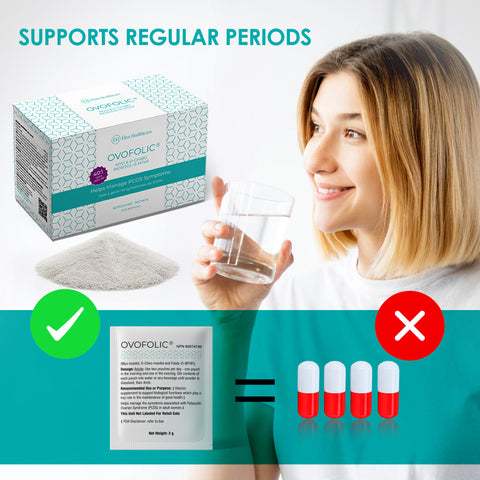
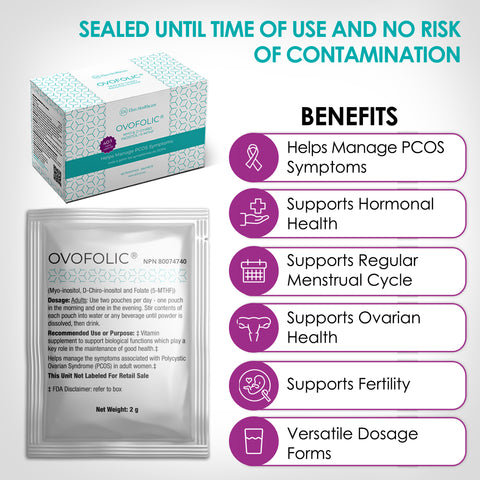
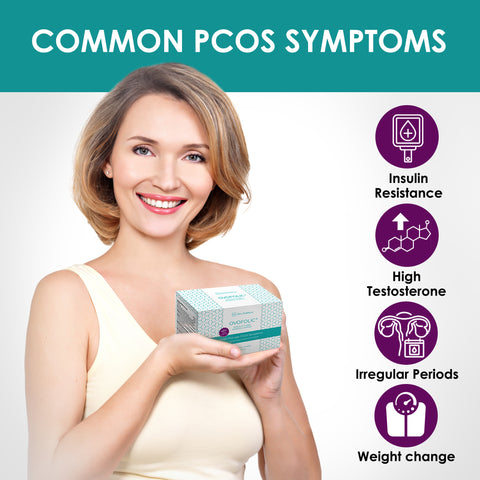
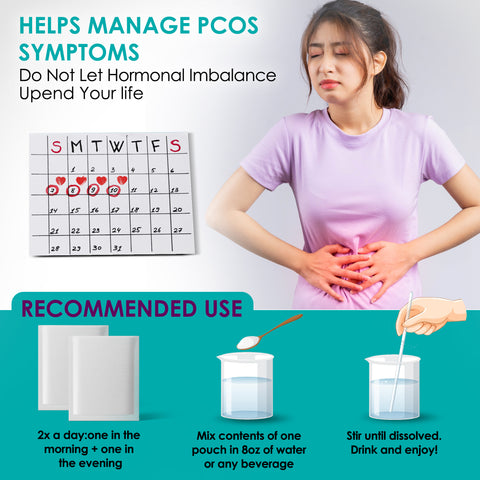
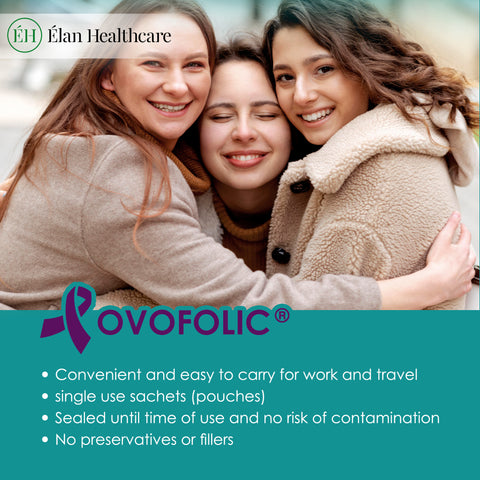
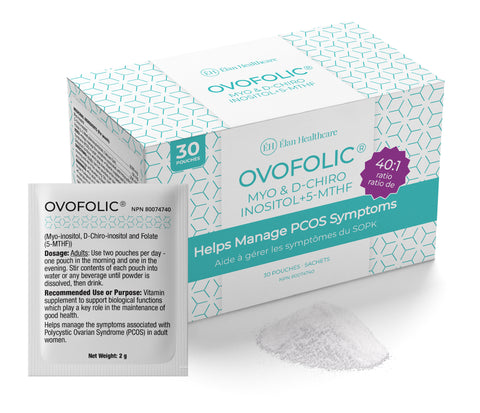
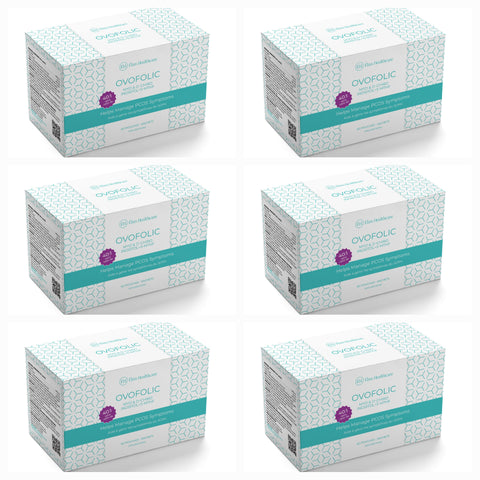
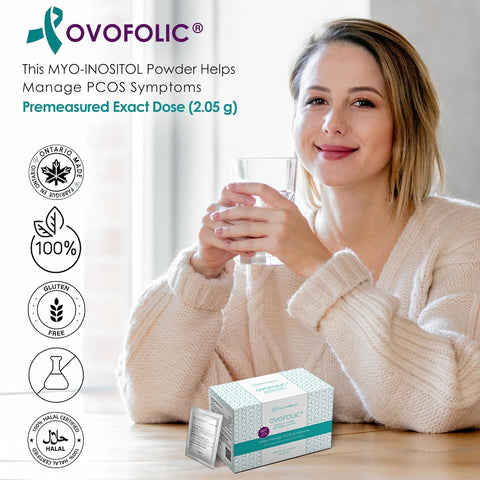
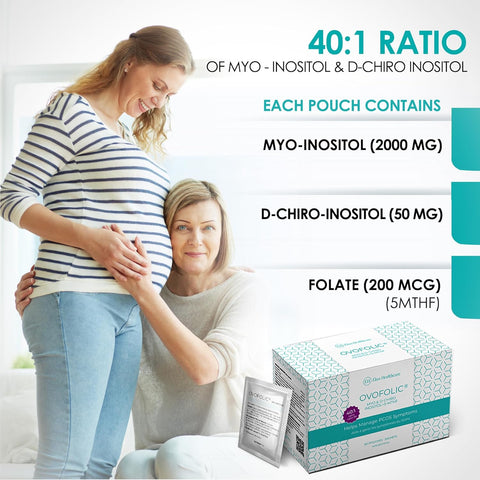
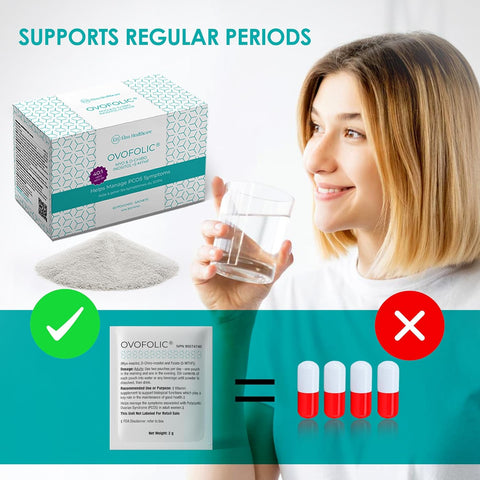
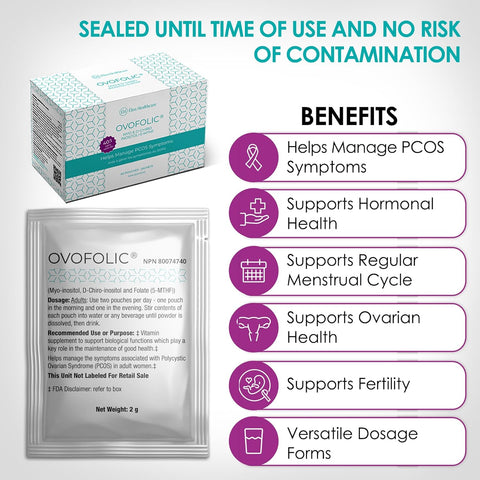
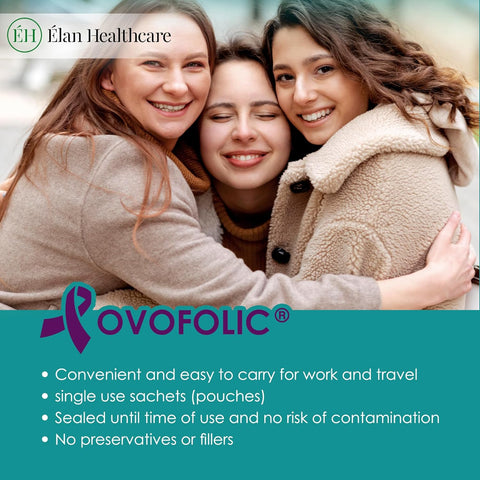
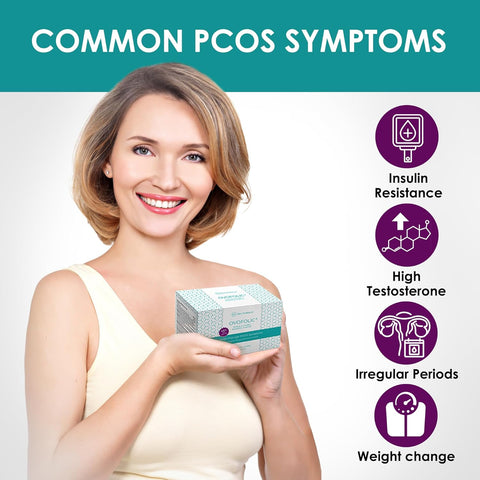
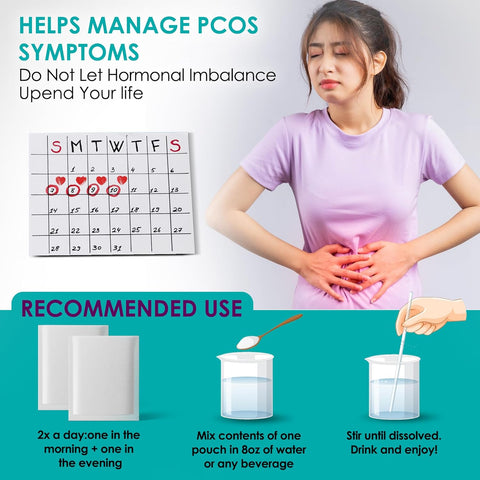









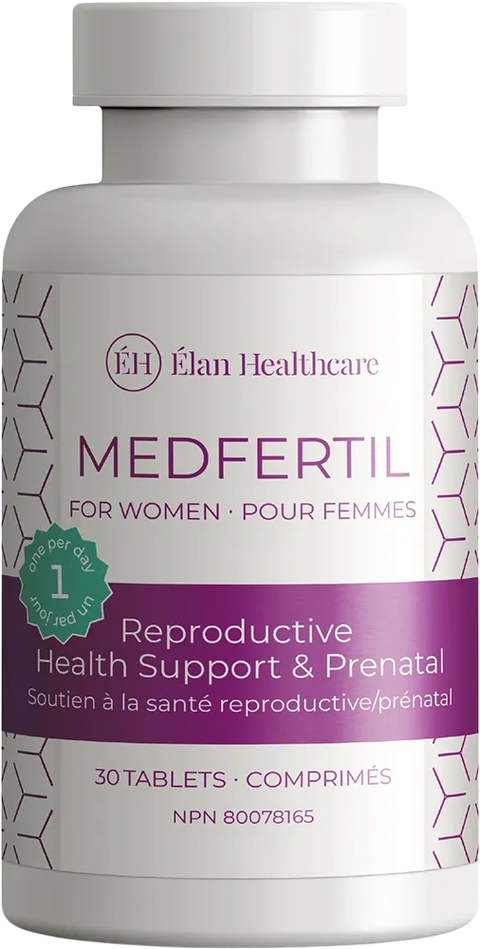
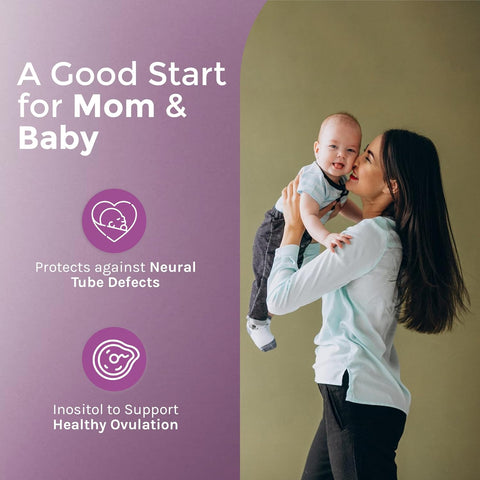
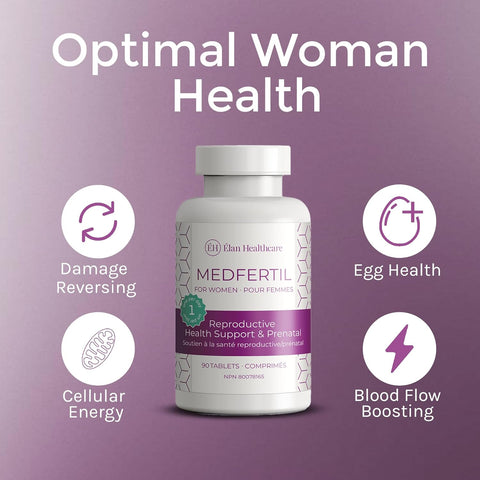
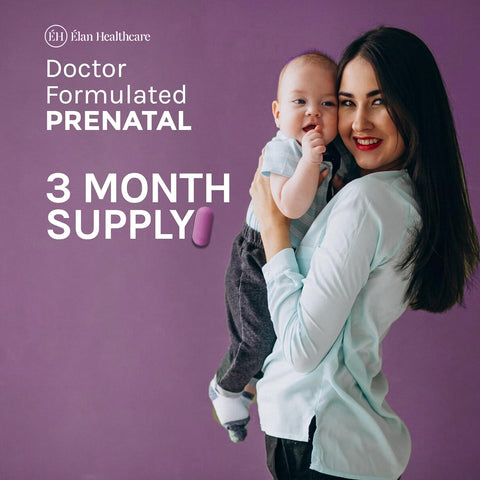
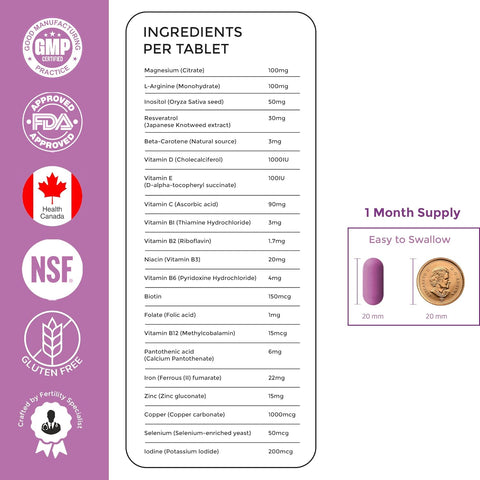
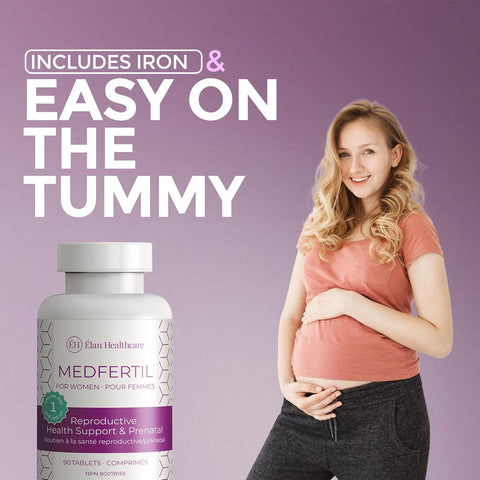
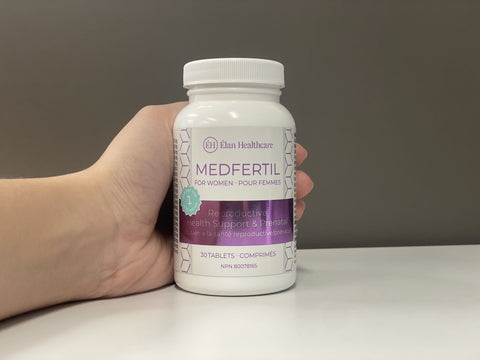

No comments yet.
There are no comments for this article. Be the first one to leave a message!
+ Open to leave a Comment